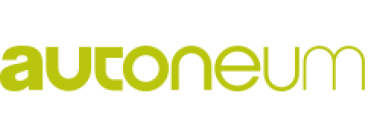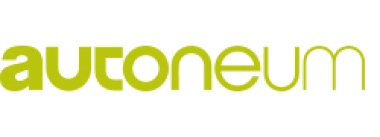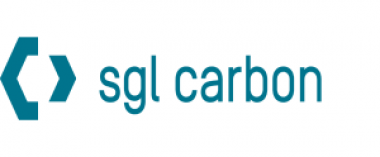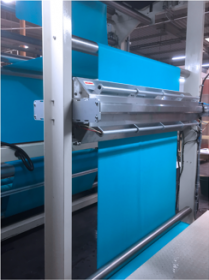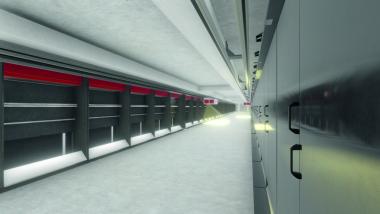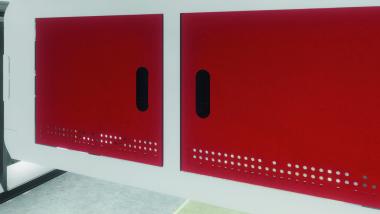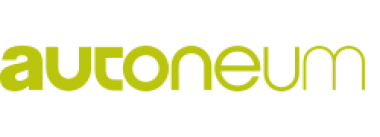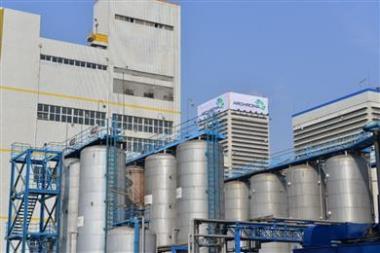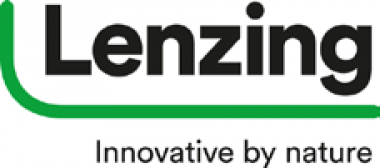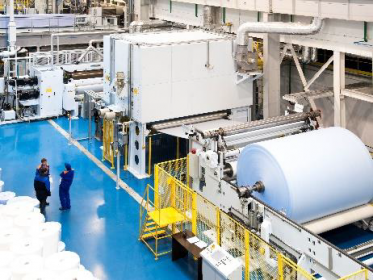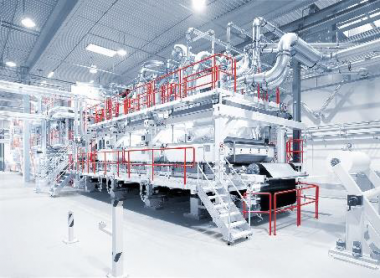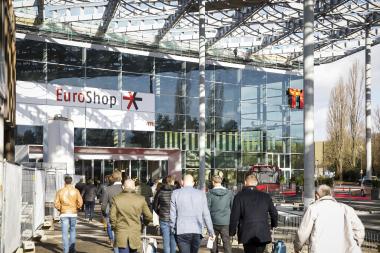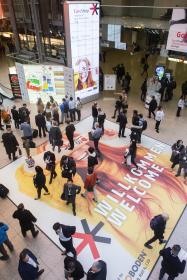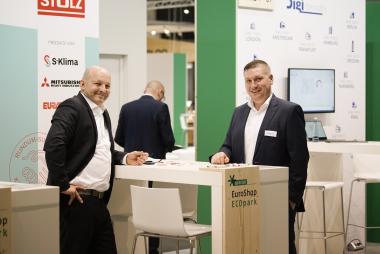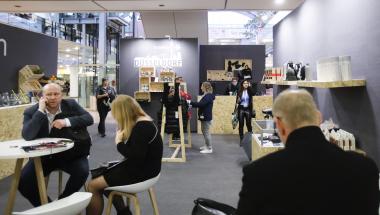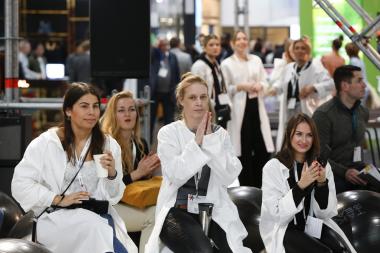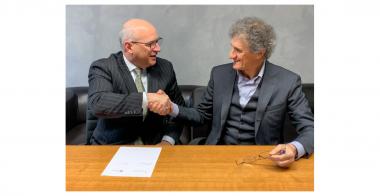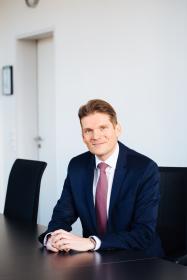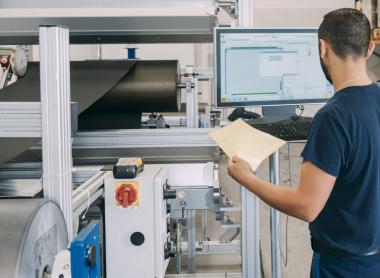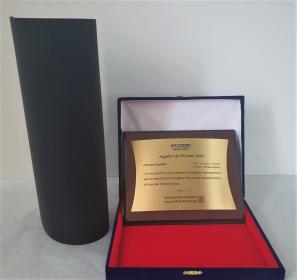autoneum: Annual General Meeting: waiver of dividend for 2019 financial year
All proposals submitted by the Board of Directors were approved at the Annual General Meeting of Autoneum Holding Ltd. In view of the net loss in the 2019 financial year, a dis-tinct majority of shareholders agreed to the proposal to forgo a dividend payment.
In consideration of COVID-19 Ordinance 2 of the Federal Council, no shareholders were admitted to physically attend the Annual General Meeting on site. The Company therefore requested the shareholders in advance to transfer their votes to the independent voting proxy. He represented 59.8% of the total 4 672 363 shares issued.
The shareholders approved the 2019 Annual Report including the consolidated and annual finan-cial statements. Given the significant net loss in the 2019 financial year shareholders approved the proposal submitted by the Board of Directors to forgo a dividend. Hans-Peter Schwald, Chairman of the Board of Directors, stressed: “Autoneum aims to distribute at least 30% of net profit attributable to Autoneum shareholders as dividends. Unfortunately, Autoneum did not generate a profit in 2019, mainly due to impairments. This development is unacceptable for both, the Group Executive Board and the Board of Directors, and together with the employees we are doing every-thing possible to get back on the road to success. Nevertheless, the Board of Directors and the Group Management will continue to adhere to their long-standing dividend policy and thus ensure that shareholders participate appropriately in the Company's success.”
Chairman Hans-Peter Schwald and the other members of the Board of Directors, Rainer Schmückle, Norbert Indlekofer, Michael Pieper, This E. Schneider, Peter Spuhler and Ferdinand Stutz, were confirmed in office. This E. Schneider, Hans-Peter Schwald and Ferdinand Stutz were also re-elected to the Compensation Committee. In addition, a large majority of the shareholders of Autoneum Holding Ltd gave formal discharge to all members of the Board of Directors and the Group Executive Board.
The consultative vote on the 2019 remuneration report was approved by 89.2%. The proposals for the remuneration of the Board of Directors and the Group Executive Board for the 2021 financial year as well as the other proposals were also approved by a large majority.
Autoneum
Autoneum Management AG


